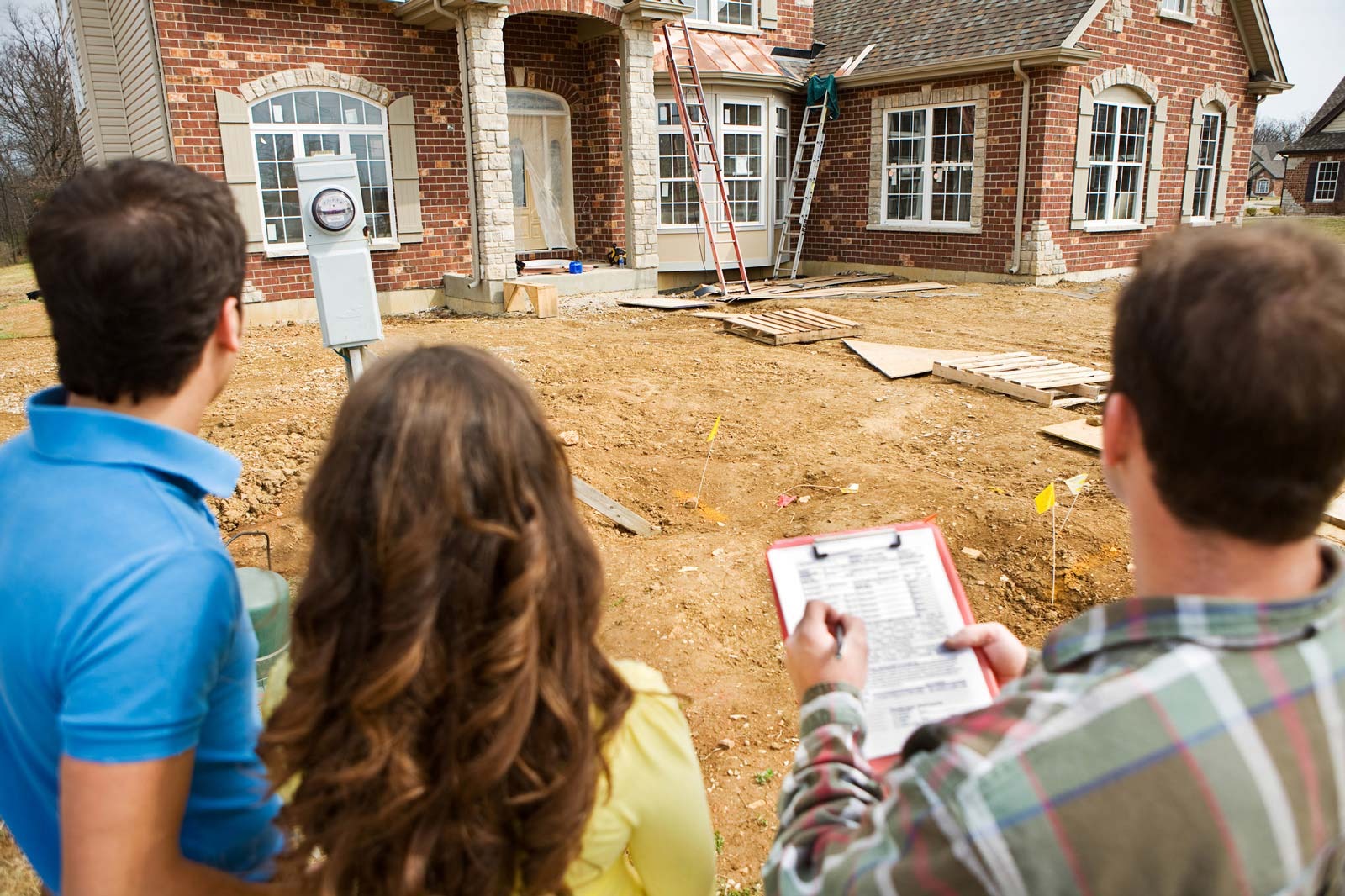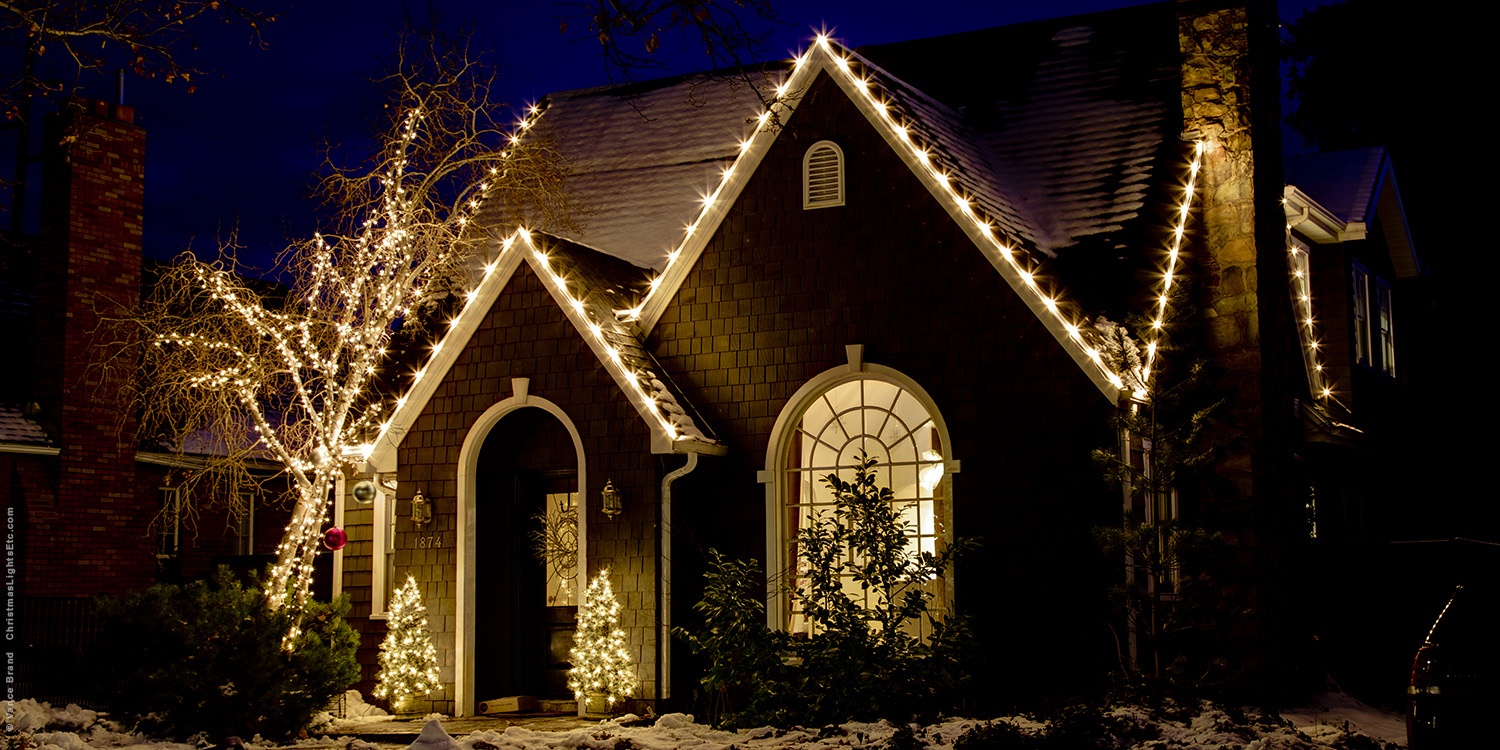
Hey there, future homeowners and savvy property investors! Are you on the hunt for your dream home or next big real estate opportunity? Well, before you sign on that dotted line, let’s talk about something crucial: pre-purchase property checks. These inspections are your secret weapon in uncovering hidden flaws that could turn your dream home into a money pit. So, grab a cup of coffee, and let’s dive into the world of home inspection Virginia and beyond!
Why Pre-Purchase Property Checks Matter
First things first, let’s chat about why these checks are so darn important. Imagine this: you’ve found the perfect house. It’s got that charming front porch you’ve always wanted, a spacious kitchen for your culinary adventures, and even a backyard perfect for summer barbecues. But what lurks beneath that fresh coat of paint?
Pre-purchase property checks are like x-ray vision for your potential new home. They help you:
- Uncover hidden issues that could cost you big bucks down the line
- Negotiate a better price if problems are found
- Make an informed decision about whether to proceed with the purchase
- Plan for future repairs and maintenance
- Ensure the safety and livability of your new home
Now that we know why they’re important, let’s break down the different types of checks you should consider.
Types of Pre-Purchase Property Checks
1. General Home Inspection
This is the bread and butter of pre-purchase checks. A general home inspection Virginia covers the major systems and components of the house, including:
- Foundation and structural elements
- Roof and attic
- Electrical systems
- Plumbing
- HVAC (heating, ventilation, and air conditioning)
- Windows and doors
- Interior walls, ceilings, and floors
A good inspector will thoroughly examine these areas and provide you with a detailed report of their findings.
2. Pest Inspection
Creepy crawlies and wood-munching insects can cause serious damage to a home. A pest inspection focuses on:
- Termites and other wood-destroying insects
- Rodents
- Other pests that could be problematic
In some areas, particularly those prone to termite infestations, this inspection might be required by lenders.
3. Radon Testing
Radon is a colorless, odorless gas that can cause serious health issues. It’s the second leading cause of lung cancer in the United States. Radon testing is especially important in areas known for high radon levels.
4. Mold Inspection
Mold can be a silent health hazard and a sign of underlying moisture problems. A mold inspection can:
- Identify visible mold growth
- Test air quality for mold spores
- Locate potential sources of moisture that could lead to mold growth
5. Asbestos Inspection
For older homes, particularly those built before the 1980s, an asbestos inspection might be necessary. Asbestos was commonly used in building materials and can be hazardous if disturbed.
6. Lead-Based Paint Inspection
Another concern for older homes is lead-based paint. If you’re looking at a home built before 1978, consider a lead-based paint inspection to ensure the safety of your family, especially if you have young children.
7. Chimney Inspection
If your potential new home has a fireplace, don’t forget about the chimney! A chimney inspection can uncover:
- Structural issues
- Creosote buildup
- Flue liner damage
- Other potential fire hazards
8. Sewer Line Inspection
This one’s often overlooked but can save you from a stinky (and expensive) situation. A sewer line inspection uses a camera to check for:
- Tree root intrusion
- Cracks or collapses in the line
- Other blockages or damage
How to Choose a Home Inspector
Now that you know what kinds of inspections to consider, let’s talk about how to choose the right inspector. After all, not all home inspection Virginia services are created equal. Here are some tips:
- Check for proper licensing and certification
- Look for experience in the type of property you’re buying
- Ask for sample reports to gauge thoroughness
- Read reviews and ask for references
- Ensure they carry errors and omissions insurance
- Consider their availability and turnaround time for reports
Remember, the cheapest option isn’t always the best. You want someone who will be thorough and provide you with detailed, actionable information.
What to Expect During a Home Inspection
So, you’ve scheduled your inspection. Great! But what should you expect on the big day? Here’s a typical rundown:
- The inspector will arrive and do an initial walk-through of the property.
- They’ll start their detailed inspection, usually beginning with the exterior.
- They’ll move inside, checking each room and system methodically.
- The inspection usually takes 2-3 hours, depending on the size and condition of the property.
- You’re encouraged to attend and ask questions throughout the process.
- After the inspection, you’ll receive a detailed report of their findings.
Pro tip: Wear comfortable shoes and clothes you don’t mind getting a bit dirty. You might be climbing into attics or crawl spaces if you want to see what the inspector is looking at!
Understanding the Inspection Report
Alright, the inspection is done, and you’ve got your report. Now what? Here’s how to make sense of it all:
- Read the entire report, not just the summary.
- Pay attention to both major issues and minor ones that could become problematic over time.
- Look for patterns – multiple small issues in one area could indicate a larger problem.
- Don’t panic over a long list of issues – no home is perfect.
- Prioritize safety concerns and major structural issues.
- Use the report as a negotiating tool if significant problems are found.
Remember, the goal isn’t to find a perfect home (they don’t exist!), but to make an informed decision about your purchase.
Common Issues Found in Home Inspections
Curious about what inspectors often find? Here are some common issues that pop up during home inspection Virginia and beyond:
- Water damage and mold growth
- Electrical problems, like outdated wiring or overloaded circuits
- Plumbing issues, including leaks and outdated pipes
- Structural problems, such as foundation cracks or roof damage
- Poor insulation and energy inefficiency
- Pest infestations
- HVAC system problems
- Safety hazards, like missing handrails or smoke detectors
Keep in mind that finding issues doesn’t necessarily mean you shouldn’t buy the house. It’s all about understanding what you’re getting into and planning accordingly.
The Cost of Pre-Purchase Property Checks
Let’s talk money. How much should you expect to shell out for these inspections? Here’s a rough breakdown:
- General home inspection: $300-$500
- Pest inspection: $75-$125
- Radon testing: $100-$200
- Mold inspection: $300-$600
- Asbestos inspection: $200-$800
- Lead-based paint inspection: $200-$400
- Chimney inspection: $100-$250
- Sewer line inspection: $85-$300
Remember, these are ballpark figures and can vary depending on your location and the size of the property. Also, while it might seem like a lot upfront, think of it as an investment in your future home’s health and your peace of mind.
Beyond the Inspection: Other Pre-Purchase Considerations
While a thorough home inspection Virginia is crucial, there are other factors to consider before making your purchase:
- Neighborhood research: Visit at different times of day to get a feel for the area.
- School district ratings: Important even if you don’t have kids, as it can affect resale value.
- Future development plans: Check with the local planning department about upcoming projects in the area.
- Natural hazards: Look into flood zones, earthquake risks, or other regional concerns.
- Home insurance rates: Get quotes before committing to understand your ongoing costs.
- Utility costs: Ask for recent bills to estimate your monthly expenses.
- HOA rules and fees: If applicable, review these carefully to ensure they align with your lifestyle.
DIY Home Inspection: What You Can Do
While nothing beats a professional inspection, there are things you can look out for during your home visits:
- Check for water stains on ceilings and walls
- Look for cracks in the foundation or walls
- Test all light switches and outlets
- Run faucets and flush toilets to check water pressure
- Open and close all windows and doors
- Look for signs of pest infestation
- Check the age and condition of major appliances
- Sniff for any musty odors that could indicate mold
Remember, these DIY checks don’t replace a professional inspection, but they can help you spot potential red flags early on.
Wrapping It Up: Your Pre-Purchase Property Check Checklist
Whew! We’ve covered a lot of ground, haven’t we? Let’s wrap things up with a quick checklist to help you navigate your pre-purchase property checks:
- Research and choose a reputable home inspector
- Schedule a general home inspection
- Consider additional specialized inspections based on the property’s age and your concerns
- Attend the inspection and ask questions
- Thoroughly review the inspection report
- Get estimates for any necessary repairs
- Negotiate with the seller based on the inspection findings
- Make an informed decision about proceeding with the purchase
So, as you embark on your home-buying journey, keep this guide handy. Whether you’re in Virginia or anywhere else, these principles of thorough home inspection Virginia will serve you well. Here’s to finding your dream home – flaws and all!
Also, read this: When to Test Your Well Water in Virginia: A Seasonal Guide








